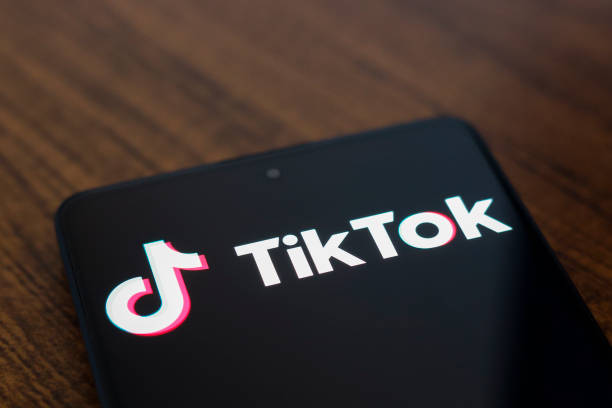TikTok is now one of the most popular social media platforms around. However, it is still relatively new compared with others. In fact, previously, it was another app – Music.ly.
In the rapidly evolving world of social media, few platforms have experienced as meteoric a rise as TikTok. Yet, many might not realise that TikTok’s origins trace back to a platform called Music.ly. This transformation marks one of the most significant shifts in the digital landscape, reshaping how we consume and create content.
The birth of Music.ly
Origins and popularity
Launched in 2014 by Alex Zhu and Luyu Yang, Music.ly was a social media platform centred around creating and sharing short lip-sync videos. It quickly gained popularity among teens, who used it to create music videos and showcase their creativity.
Key features
- Lip-sync videos: Users could choose from a vast library of songs to lip-sync to, adding their own flair with various effects and filters.
- Creative tools: Music.ly offered editing tools that allowed users to enhance their videos with special effects, transitions, and more.
The transition to TikTok
Acquisition by ByteDance
In November 2017, Chinese tech company ByteDance acquired Music.ly for approximately $1 billion. ByteDance already had its own short-video app, Douyin, which was highly successful in China. The acquisition aimed to merge Music.ly’s user base with Douyin’s technology and resources.
Rebranding to TikTok
In August 2018, ByteDance rebranded Music.ly as TikTok, creating a single global platform. This rebranding included merging the user accounts from Music.ly into TikTok, effectively bringing all Music.ly users into the TikTok ecosystem.
Enhancements and new features
- Diverse content: TikTok expanded beyond music to include a wide range of content genres, such as comedy, education, and challenges.
- Algorithmic feed: The “For You” page, powered by advanced algorithms, curates content based on user preferences, increasing engagement and discoverability.
Impact on social media
Explosive growth
TikTok’s growth has been nothing short of phenomenal. By late 2018, the app had already been downloaded over 1 billion times globally. Its user-friendly interface and addictive content format contributed to its widespread appeal.
Cultural influence
TikTok has become a cultural phenomenon, influencing music, fashion, and even politics. Trends and challenges originating on TikTok often spill over into mainstream media, showcasing the platform’s significant cultural impact.
Opportunities for creators
TikTok has democratised content creation, allowing users from all backgrounds to gain massive followings. The platform’s algorithm prioritises content quality and engagement over follower count, giving new creators a chance to go viral.
The transformation of Music.ly into TikTok represents a pivotal moment in the history of social media. This evolution has not only changed the way users interact with content but also how creators and brands approach digital engagement. As TikTok continues to innovate and grow, it remains a testament to the power of rebranding and strategic vision in the tech industry.




